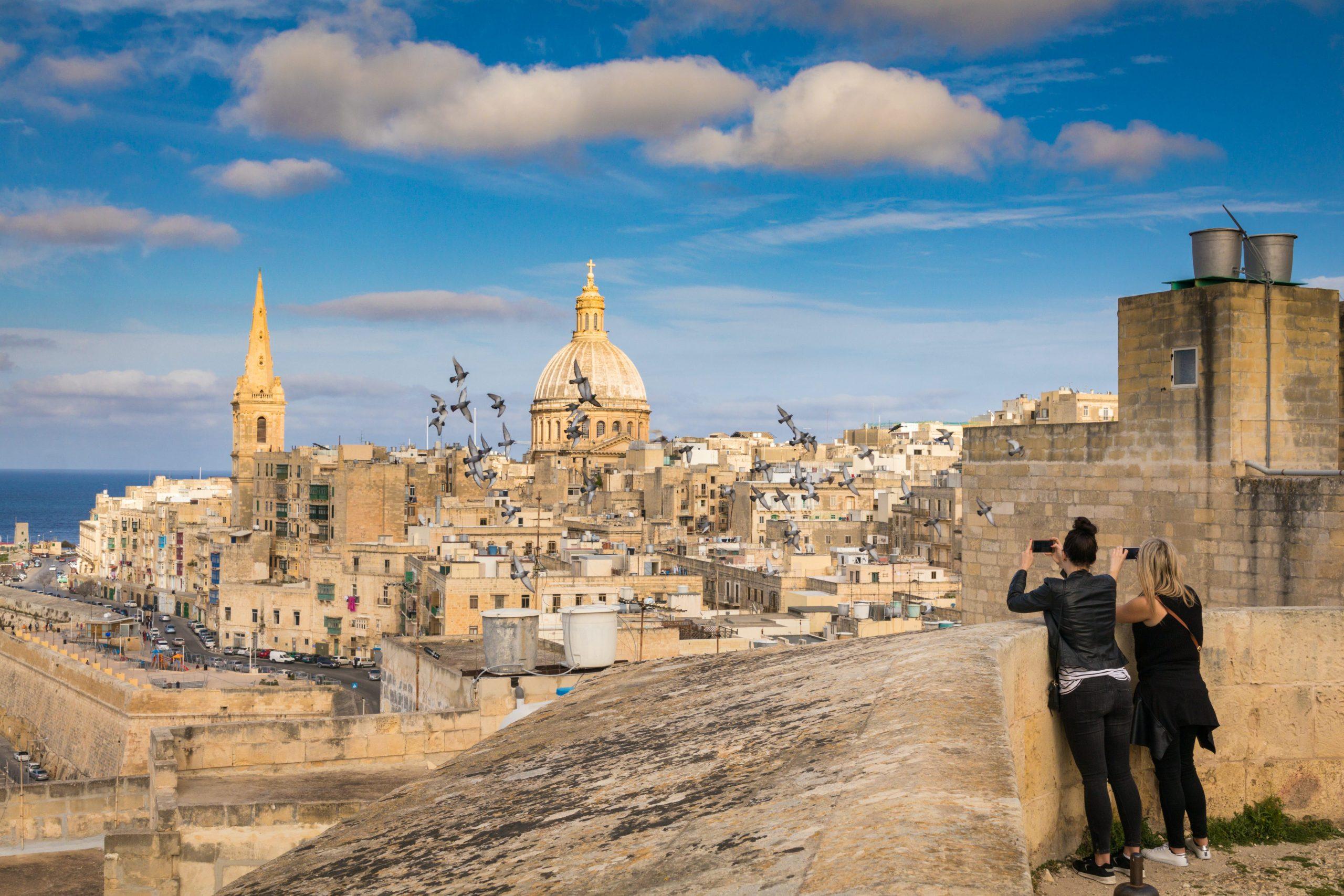SHours before the concert begins, fans of the Ukrainian rock band Okean Elzy gather in front of the Centennial Hall in Frankfurt. Women with embroidered traditional costumes and colorful flower wreaths in their hair, men with sky-blue and yellow flags singing patriotic folk songs.
A familiar picture, because Okean Elzy, which was founded after the collapse of the Soviet Union, are not only the most popular band in Ukraine, but also a culture carrier beyond the country’s borders. Generations of fans are also gathering in Frankfurt: many Ukrainians who have been living in Germany for a long time, but also a number who have only recently had to look for a new home. The band will donate the ticket proceeds to humanitarian causes in their war-torn country.

In blue and yellow: the audience keeps shouting “Glory to Ukraine”.
:
Image: Maximilian von Lachner
The start of the concert is unusually energetic. Singer Sviatoslav Vakarchuk, the face of the band and nationally known Euromaidan activist, sees himself “in the mode of talking less and singing more.” That’s why the 47-year-old frontman exudes intoxication in “Maische Vesna” (“Almost Spring”) Optimism for a better future. And then boldly jumps over the concert pit onto the speakers to encourage the audience in the almost sold-out Centennial Hall to sing along.
A song for the defenders of Mariupol
From there it gets political. Vakarchuk, who was briefly a member of the Ukrainian parliament with his Voice party and joined the territorial defense of Lviv after the start of the war, wraps himself in a Ukrainian national flag. In German he thanks the people of Frankfurt for the support from Germany and talks about the Russian war of aggression in his home country.
The rock ballad “Everest” followed, which the band leader associates with the long-awaited victory, which is far away but still possible: “We continue to carry our banner, but not our cross,” it says. As early as 2015, a year after the start of the conflict in Donbass, Okean Elzy wrote her well-known anti-war song “Ne Twoja Wijna” (“Not Your War”), which is also becoming increasingly popular at her concerts. In it, the rockers recall the innocence of their compatriots, with the suspicion that this war will change everything. Again and again the patriotic salute “Glory to Ukraine” resounds from the audience, to which Vakarchuk replies with “Glory to the heroes” and takes some time to present a newer play. He dedicates “Misto Mariji” (“City of Mary”) to the defenders of the now fallen Ukrainian port city of Mariupol, which the bandleader had recently visited. He is visibly touched and says that the soldiers of the Azov regiment only asked him for a song so they wouldn’t be forgotten. According to Vakarchuk, Okean Elzy wanted to give the fighters “cartridges for heart and soul” with this song.
Okean Elzy play for more than two hours until the concert ends powerfully with rocking songs like “Stina” (“Wand”), a synonym for tearing down the wall between Ukraine and Europe. The ballad “Obijmy” (Hug Me), which is particularly popular with the audience, forms the final chord: “One day the day will come and the war will be over.”














